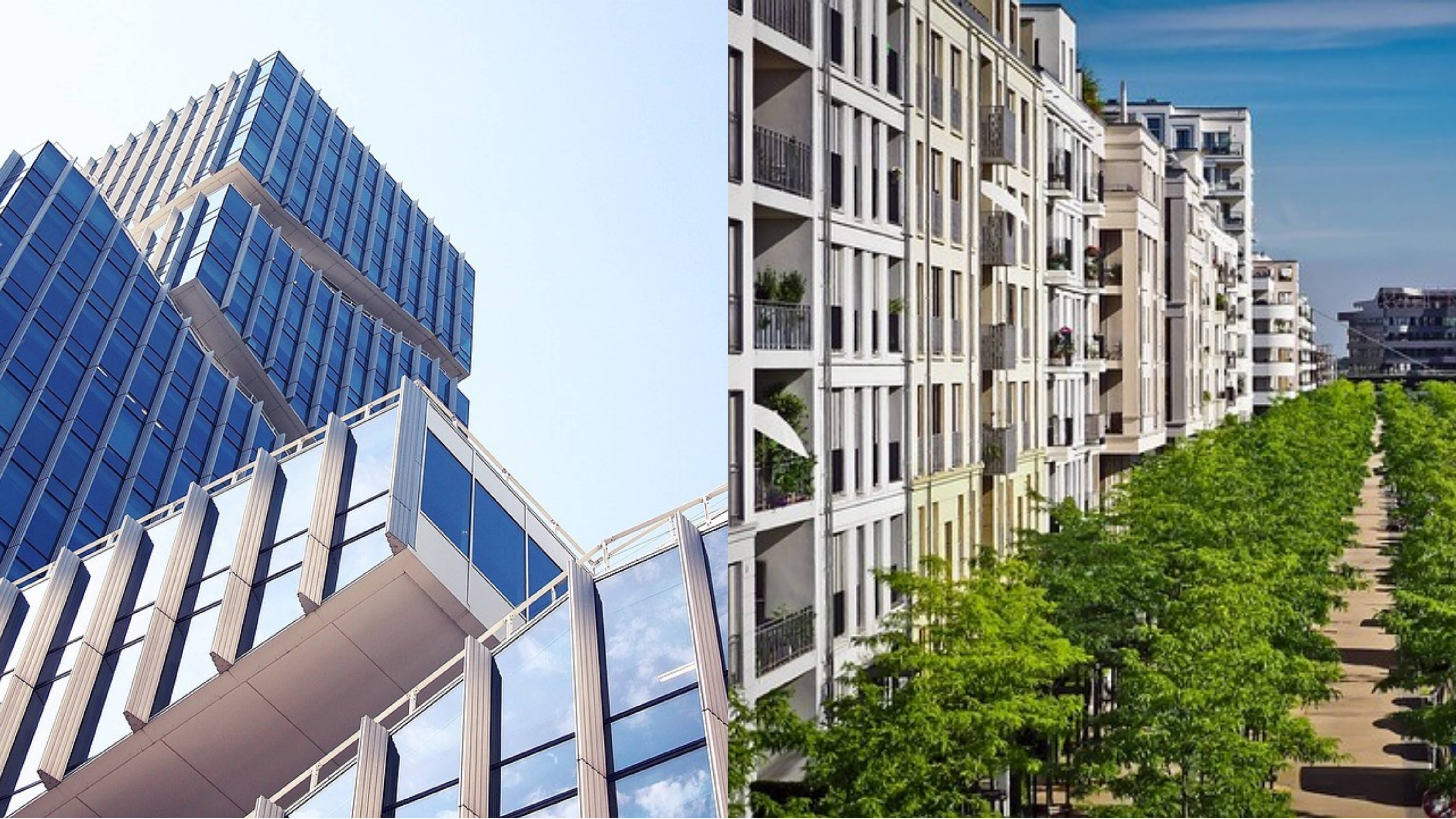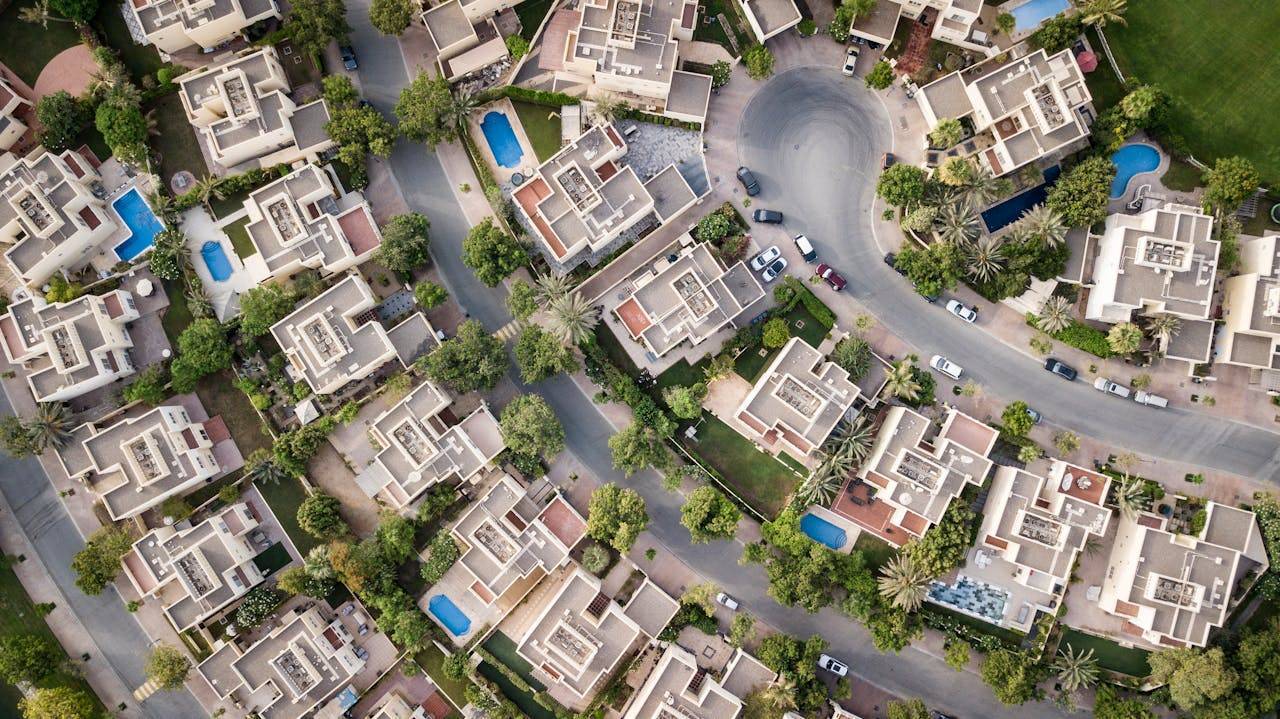India's real estate sector has long been a focal point for both domestic and international investors. However, the market's opacity and inconsistent regulatory frameworks have historically posed challenges to investment. The latest Global Real Estate Transparency Index (GRETI) 2024, published by JLL and LaSalle, marks a significant turning point. For the first time, India’s Tier 1 markets have moved into the "transparent" tier, indicating substantial improvements in the market's clarity, reliability, and openness.
A Quantitative Leap in Transparency
The GRETI report is a comprehensive assessment that ranks 89 countries and 151 cities on their real estate market transparency using 256 individual indicators. These indicators cover various aspects such as legal and regulatory environments, data availability, transaction processes, and market fundamentals. India's overall ranking has improved from 36th in 2022 to 31st in 2024, reflecting a substantial leap forward in transparency. This advancement is particularly significant as it elevates India into the ranks of transparent real estate markets, a status achieved by only 34 countries worldwide.
India’s Tier 1 markets—comprising major cities like Mumbai, Delhi, and Bengaluru—have been instrumental in this ascent. These cities have not only attracted increased capital flows but have also demonstrated improvements in market fundamentals. The report reveals that India's transparency score now matches those of countries such as China and Russia, which are also in the transparent tier, indicating that India is on a par with some of the world's most prominent emerging markets.
Institutional Investment and Market Fundamentals
Data from the GRETI 2024 report indicates a direct correlation between increased transparency and capital inflows. Markets with high transparency ratings attract nearly 80% of global capital flows. In India, this trend is evident, with near-record capital inflows of $4.8 billion recorded in the first half of 2024, a significant portion of which was directed towards the office and residential sectors in Tier 1 cities.
One of the key drivers of this transparency is the increasing institutionalization of the real estate sector. Real Estate Investment Trusts (REITs) have gained prominence in India, providing a structured and regulated avenue for investment. The report highlights that India ranks among the top 10 global destinations for transaction processes and 12th for market fundamentals. This ranking is reflective of the country’s growing appeal to global investors, who are drawn to markets where transparency and governance standards are robust.
The data also underscores the growing sophistication of India's real estate market. The adoption of global best practices, including the standardization of transaction processes and the proliferation of institutional-grade assets, has been a game-changer. For instance, the office leasing market in India has seen a shift towards single ownership assets, which are easier to manage and transact, further enhancing market transparency.
Regulatory Reforms
Regulatory reforms have played a pivotal role in India's transparency improvement. The Real Estate (Regulation and Development) Act (RERA), introduced in 2016, has been a cornerstone in this transformation. RERA mandates that all real estate projects be registered with the authority, and developers must provide detailed disclosures about project timelines, land title, and financial statements. This has significantly reduced instances of project delays and mismanagement, providing a more reliable environment for investors.
The Insolvency and Bankruptcy Code (IBC) has also been instrumental. By streamlining the resolution process for distressed assets, the IBC has enhanced the legal framework, making it more predictable and investor-friendly. Data from the GRETI report shows that markets with strong legal frameworks and enforcement mechanisms score higher on transparency, and India's improved score in these areas has been a key factor in its overall ranking.
Digitization has further bolstered these reforms. The digitization of land records, for instance, has reduced the opacity traditionally associated with land transactions in India. According to the report, India’s rank in data availability and quality has improved significantly, with the country now providing more accessible and reliable property data. This shift has been facilitated by initiatives such as the National Land Records Modernization Programme (NLRMP), which aims to provide online access to land records across all states.
Sustainability: A Quantitative Growth in Green Certifications
Sustainability has become an increasingly important factor in global real estate markets, and India is no exception. The GRETI 2024 report highlights a 40% increase in WELL-certified office space, with 70 million square feet of green-certified office stock by the end of 2023. This places India among the top 10 countries globally in terms of green building certifications.
Climate risk disclosure has also gained traction. The report notes that the introduction of new guidelines for climate risk disclosures, integrated into the Energy Conservation Building Code (ECBC), has made a significant impact. These disclosures ensure that investors are aware of the environmental impact of their investments, adding a layer of transparency that was previously lacking.
The data indicates that sustainability initiatives are not just regulatory obligations but are also being driven by market demand. Corporate occupiers are increasingly seeking green-certified buildings to meet their environmental, social, and governance (ESG) goals. This trend has created a virtuous cycle, where the demand for sustainable real estate is driving further transparency and vice versa.
Accessibility and Democratization
Despite these advances, the GRETI 2024 report identifies areas where India still has room for improvement. One of the key challenges is the democratization of data. While significant progress has been made in making real estate data more accessible, the report suggests that further efforts are needed to ensure that all market participants, including smaller investors and developers, have equal access to reliable information.
India's ranking in the data availability category has improved, but it still lags behind some of its global peers. The report suggests that further investment in digital infrastructure and the development of centralized data repositories could enhance transparency even further. This would not only benefit institutional investors but also help democratize access to market information, making it easier for smaller players to participate in the market.
The Future Outlook:
The GRETI 2024 report offers an optimistic outlook for India's real estate market. It suggests that recent improvements in transparency are poised to attract even greater capital inflows, especially from international investors targeting emerging markets. The near-record $4.8 billion in capital inflows during the first half of 2024 is only the start, as investors increasingly recognize India as a transparent and reliable investment destination.
However, the report also cautions that continued progress will require ongoing efforts to address remaining challenges. Enhancing dispute resolution mechanisms, further democratizing data access, and maintaining momentum in sustainability initiatives will be critical to sustaining and building upon the gains made thus far.









.png)